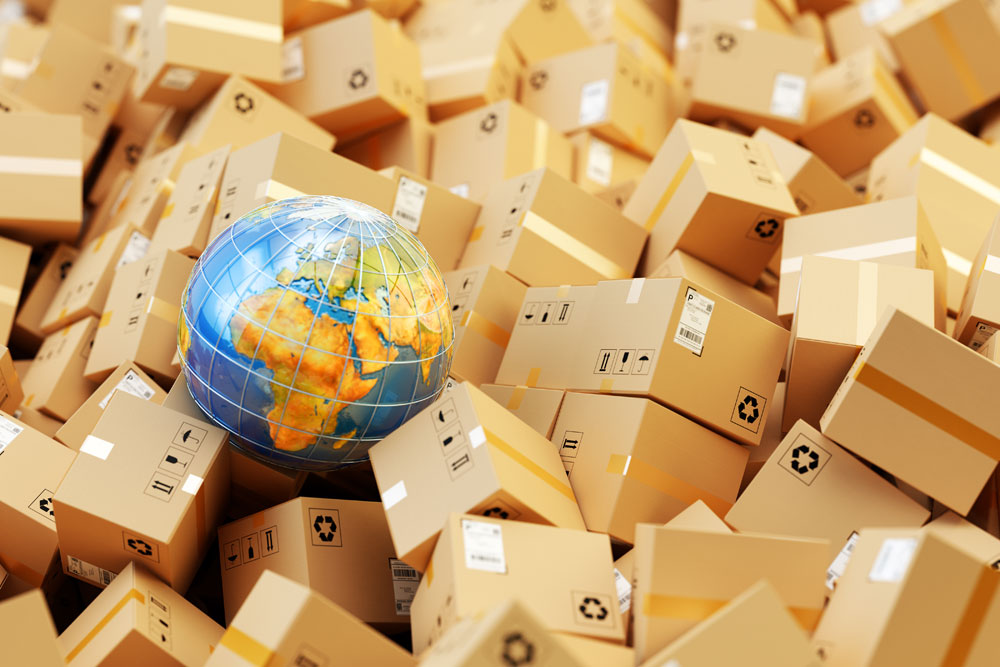In the intricate dance of supply chains, retailers and distributors play pivotal roles that can either make or break the success of product manufacturers. These two entities, while often intertwined in the business lexicon, serve distinct functions that cater to unique aspects of getting a product from the production line to the end consumer. But what truly sets them apart? And how do these differences impact the choices manufacturers must make to ensure their products shine brightly in the marketplace?
Understanding the Function of a Retailer
A retailer is the final link in the supply chain, directly connecting products with consumers. Retailers are the storefronts—both physical and digital—where customers can browse a variety of goods and make purchases. Their primary role is to offer a seamless shopping experience that entices customers and encourages sales.
Retailers take on a multitude of responsibilities. These include selecting and acquiring products that match market demand, setting competitive pricing strategies, managing inventory, and executing marketing campaigns. By placing the consumer at the heart of their operations, retailers focus on creating an environment that fosters loyalty and repeat business. They are the face of the brand to end-users, making customer service a top priority.
Interactions between retailers and manufacturers are often characterized by negotiations around product selection, pricing, and promotional support. Retailers rely on manufacturers to provide products that align with consumer trends and needs, while manufacturers depend on retailers to effectively present and sell their products to the public.
Exploring the Role of a Distributor
Distributors, conversely, act as intermediaries between manufacturers and retailers. They play a critical role in logistics, ensuring the efficient movement of goods from the production site to various points of sale. Distributors are responsible for purchasing products in bulk from manufacturers, storing them, and then selling them to retailers in smaller quantities.
Key activities of distributors include managing inventory, coordinating transportation and logistics, and handling customer service for retailers. They are often tasked with maintaining a delicate balance between supply and demand, ensuring that retailers have access to the products they need when they need them.
The relationship between distributors and manufacturers is built on trust and logistical coordination. Manufacturers rely on distributors to expand their market reach and ensure their products are available in various locations. Distributors, in turn, benefit from the exclusive rights to sell products within specific territories, giving them a significant role in shaping the brand’s market presence.
Key Differences Between Retailers and Distributors
While both retailers and distributors are integral to the supply chain, their roles and objectives differ significantly. Retailers focus on consumer-facing activities, while distributors manage the logistics of product distribution. This fundamental difference shapes their relationships and functions.
Pricing strategies vary between the two. Retailers set prices based on consumer demand and competitive positioning, while distributors negotiate pricing with manufacturers and determine markups for retailers. Inventory management is another area of divergence, with retailers focusing on optimizing stock levels to meet customer needs, while distributors handle bulk inventory to supply multiple retailers.
The customer base is perhaps the most distinct difference. Retailers cater directly to end consumers, while distributors primarily serve retailers and occasionally other businesses. This difference influences their marketing strategies and operational priorities.
The Decision-Making Process for Manufacturers
Product manufacturers must carefully consider several factors when deciding whether to partner with retailers, distributors, or both. The decision depends on the manufacturer’s goals, resources, and the nature of their products.
Manufacturers seeking to establish a direct connection with consumers may prefer retailers, as they offer opportunities for brand building and customer engagement. However, those aiming to reach a broader market may benefit from partnering with distributors who can efficiently manage logistics and expand distribution networks.
Managing relationships with both retailers and distributors requires a thoughtful approach. Manufacturers should establish clear communication channels, set expectations, and provide support to ensure successful collaborations. Building strong partnerships with both entities can enhance market reach and drive business growth.
Conclusion
In today’s fast-moving supply chain landscape, it’s essential for product manufacturers to understand the key differences between retailers and distributors. Retailers act as the direct connection between brands and consumers, while distributors handle the logistics and distribution networks that get products into stores and across markets.
By clearly understanding the distinct roles each plays, manufacturers can make smarter decisions about how to position their products, expand their reach, and enhance customer satisfaction. Choosing whether to work with retailers, distributors, or both requires careful evaluation of the advantages and challenges each relationship offers.
As the roles of retailers and distributors continue to evolve with changing consumer behavior and market trends, manufacturers who remain flexible, informed, and engaged will be best equipped to grow and thrive in a competitive marketplace.
Have you considered launching your product brand in retail? If so, our team at Retailbound can help. Since 2008, we have helped countless product brands launch and grow in the retail space. Contact us today to get more information.
About the Author
Yohan Jacob is the President and Founder of Retailbound. Retailbound is a comprehensive retail channel management consultancy that helps brands launch and scale their products in over 150+ retailers in both the US and Canada. Specializing in bridging the gap between product creators and retailers, Retailbound offers a range of services from retail strategy development, buyer engagement, sales management and channel marketing support. Whether the client is a startup or an established brand, Retailbound provides expert guidance to increase their retail presence, navigate buyer relationships, and drive sales growth both in-store and online.



